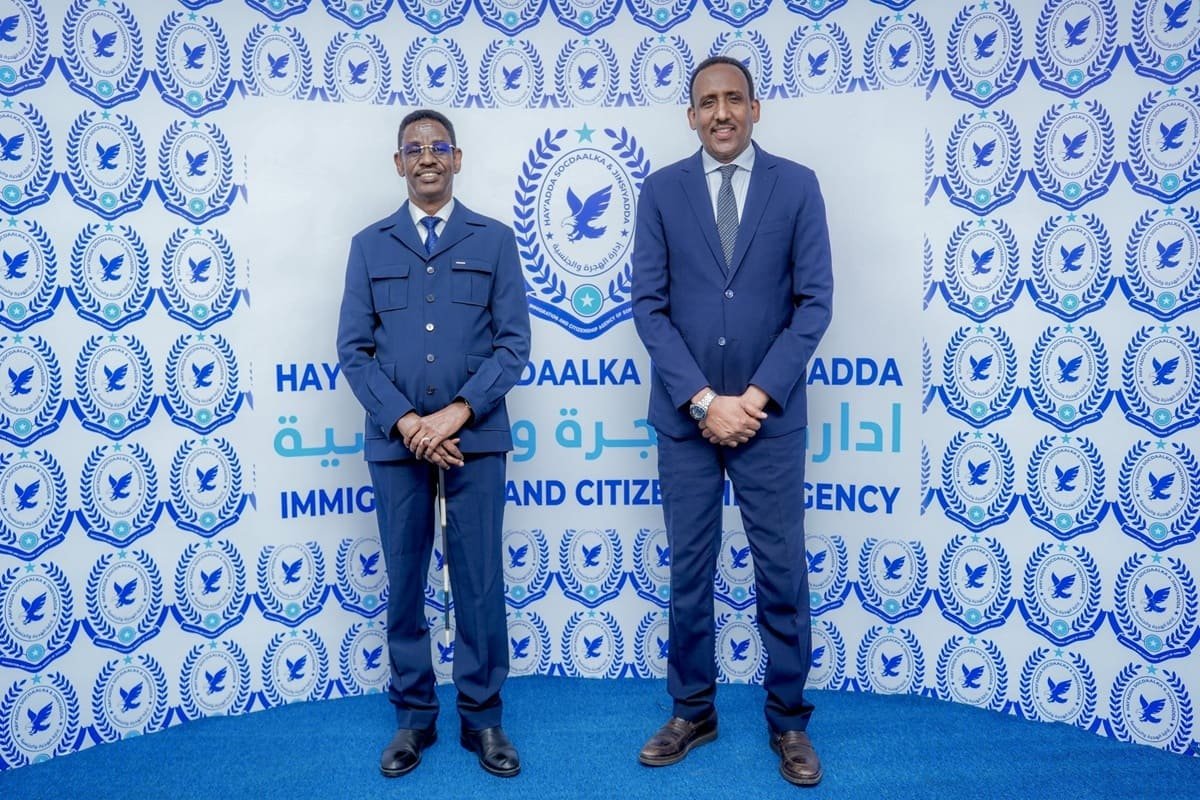A system for issuing electronic visas (e-Visa) is being prepared in Liberia.
Liberia, a small but ambitious country in West Africa, is about to take a significant step forward in its quest for modernisation by introducing an electronic visa system (e-Visa).
In a world where technology constantly redefines borders and simplifies bureaucratic procedures, Liberia is embracing this digital revolution with a clear vision: to facilitate travel, boost its tourism sector, and strengthen national security.
Originally scheduled to be launched in 2019, but delayed mainly due to the Covid-19 pandemic, Liberia’s e-Visa project resurfaced in 2023 with an invitation to bids issued by Liberian immigration for the development of an e-Visa system by “an ideally competentand experienced International Vendor”.
Yesterday, Liberia’s Minister of Foreign Affairs, Sara Beysolow Nyanti, revealed that her ministry had appointed a Deputy Minister to lead the Passport and Visa Office, which will include both the current structure and the new centralized visa structure.
A vast majority of travellers need a visa for Liberia
According to the minister, this appointment “will alleviate visas on arrival and transition to an e-visa system as a means of collective effort to strengthen Liberia’s National security and protect Liberians in and abroad for free movement of ECOWAS citizens”.
Sara Beysolow Nyanti points out that it is necessary to adopt a harmonised approach by collecting Biometric that meets international standards, and that ECOWAS support to the process is cardinal.
Except for a few West African countries, Liberia requires a visa for all travelers.
The visa-on-arrival procedure is complex and remains uncertain. It is highly recommended to contact a nearby embassy or consulate to apply for a visa before traveling.
This transition to e-Visa in Liberia not only marks a technological advancement but also a commitment to better accessibility and increased transparency.
By adopting this innovative initiative, Liberia positions itself as a dynamic player on the regional scene, joining major African destinations such as Tanzania, Côte d’Ivoire, Cameroon, and Madagascar, which have all opted for an e-Visa system.







